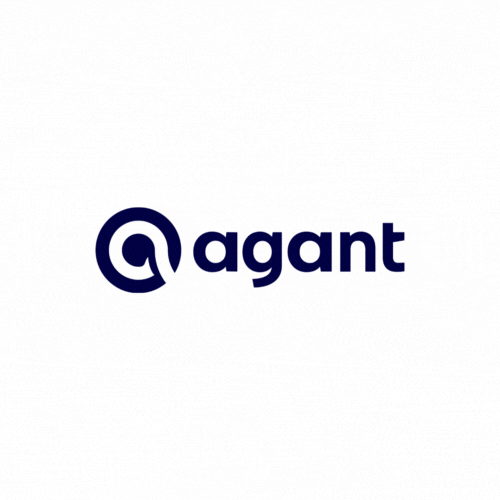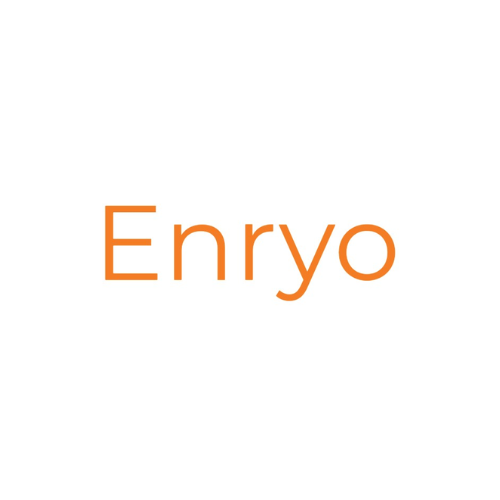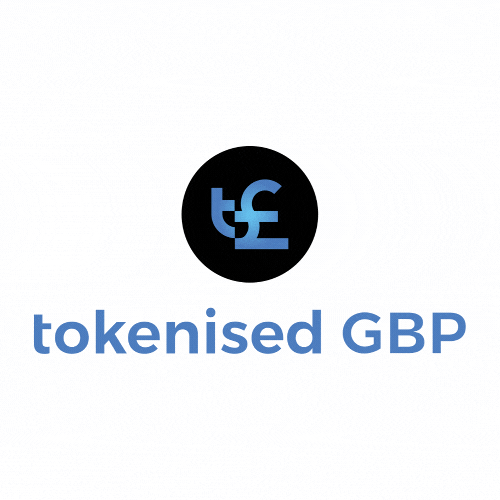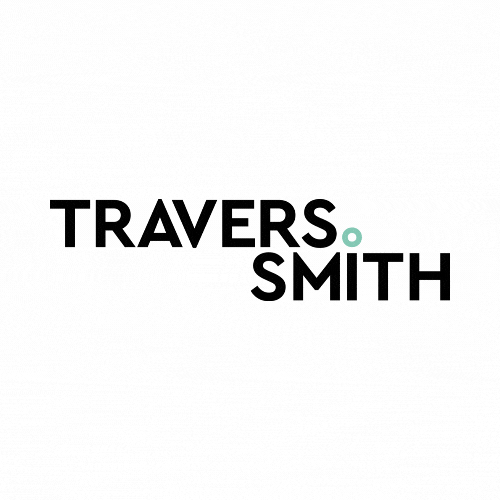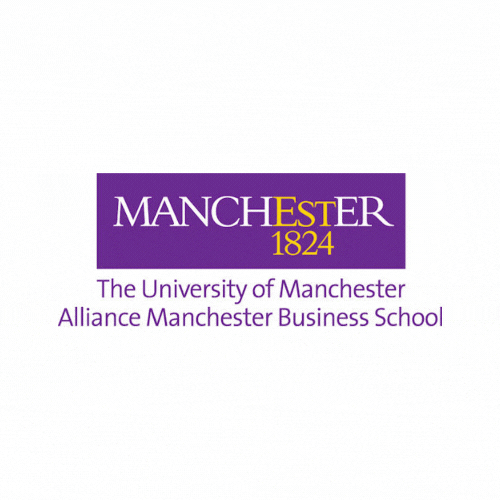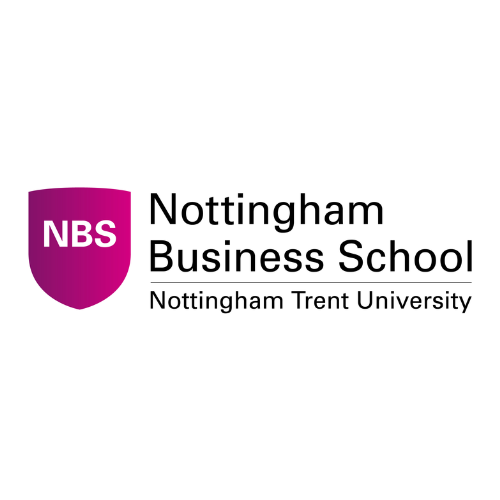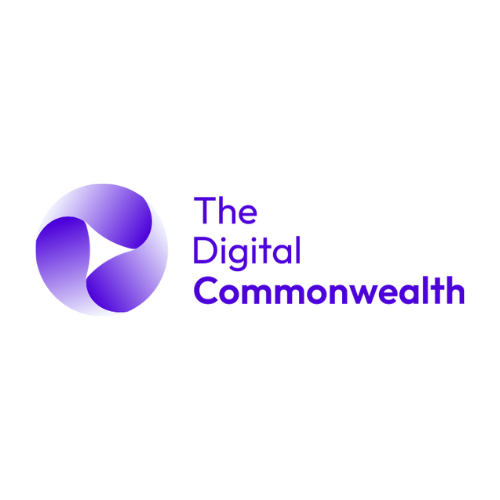On 23 September 2024, as part of Currency Research’s Digital Currency Conference, the Digital Pound Foundation (DPF) ran a “hands-on” workshop where participants looked to find the killer use case for a digital currency. Participants from central banks, the IMF, corporates and academia sat down to brainstorm why “Anthony’s granny”, the financially excluded/stretched, digitally native Gen Zers, small businesses and others would really use a digital currency.
The two-hour workshop took the form of a briefing from the DPF Use Case Working Group on work to date and an update from the University of Manchester Business School on their research into GenZ attitudes to a digital Pound. Attendees then split into tables to brainstorm the use cases of interest and building blocks required for five groups, the findings for which are summarised below and in the accompanying diagram:

1) Gen Z: This digitally native generation would value seamless integration of a digital currency into their lives. Key use cases centred on ease of use, driving financial independence, potentially lower-cost P2P payments and cross-border transactions to friends or for those studying abroad. Interoperability and user-friendly interfaces were identified as key for this group to participate in the digital economy effortlessly.
2) Small businesses: For small businesses, a digital currency would represent an opportunity to streamline operations and reduce costs. It could be used for one-off payments, to reduce payment infrastructure costs, improve cash flow and access new markets. Gig economy workers could be paid more efficiently and tax payment/repayment simplified.
3) Government: Likely to see a digital currency / CBDC as an enabler of efficiency, transparency, and targeted policy implementation. Use cases identified include faster & more secure benefit disbursements, data-driven policymaking and streamlined tax (re)payment. Whilst the government would have access to high-level anonymised data for policy decisions / better inflation understanding and also maintain seigniorage, significant take up is likely to need incentivising by means of a public policy push such as a discount on government services.
4) Financially excluded: A digital currency can offer a gateway to financial services for the un(der)banked population. “Freedom of cash” could be maintained perhaps with a wallet-only / no-account solution, albeit digital identity could prove a challenge. Credit ratings can be built based on incentives for good spending/saving behaviour and access to digital initiatives including micropayments enabled. Access to government benefits & food vouchers can be accelerated with no need for time-consuming & expensive steps such as check/cheque cashing.https://miro.com/app/board/uXjVPlyglF8=/
5) Seasoned & wise (aka the Elderly): For older generations a digital currency needs to prioritise ease of use and security. Key use cases include safety vs holding cash & fraud protection, faster delivery of government disbursements including pensions and built-in spend controls. Maintaining trust and ensuring a seamless transition from traditional payment methods will be crucial to adoption for this group.
Many of the findings of the room replicated or extended the original thinking of the DPF and the University of Manchester, however, there were definitely new ideas and a more global viewpoint with Asian & African nuances such as QR codes and mobile money highlighted. Safety, access and control of your own money (not government-imposed!) were recurring themes that we uncovered.
The workshop certainly generated significant energy in the room and got attendees talking about the real-world implications of digital currencies, setting the scene for the Currency Research conference they attended over the subsequent two days.








